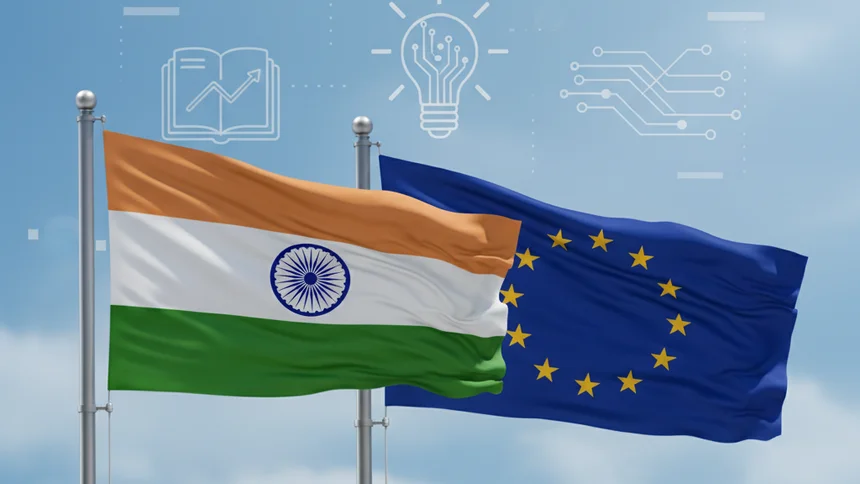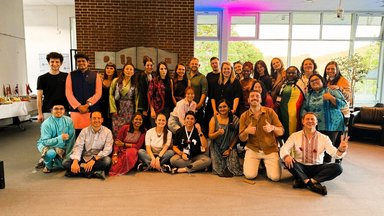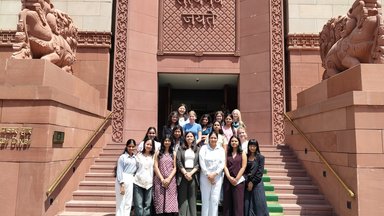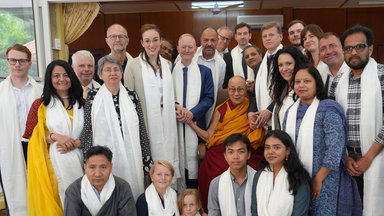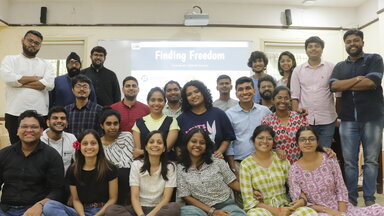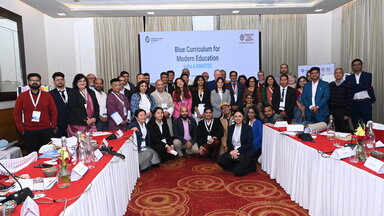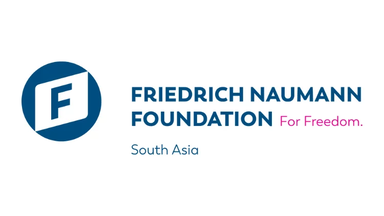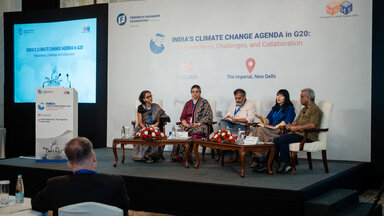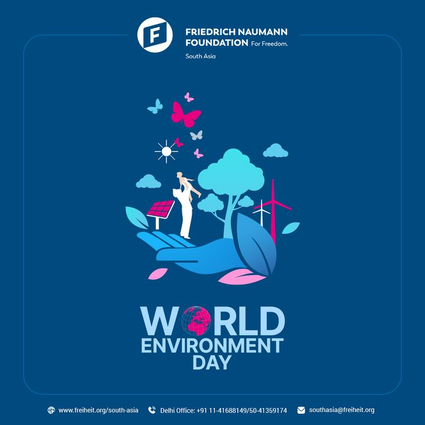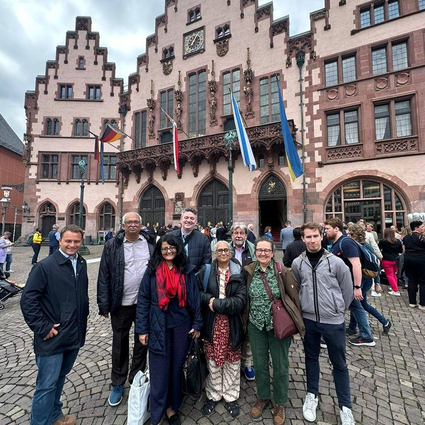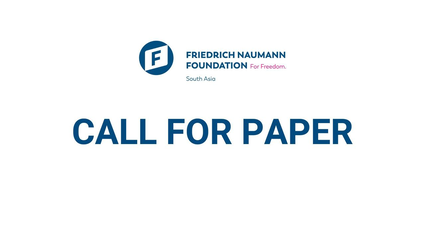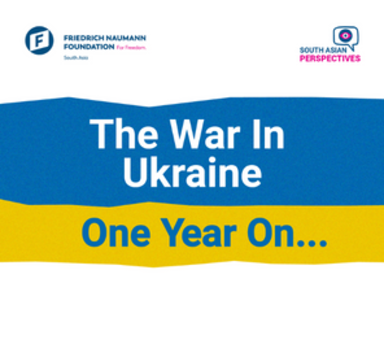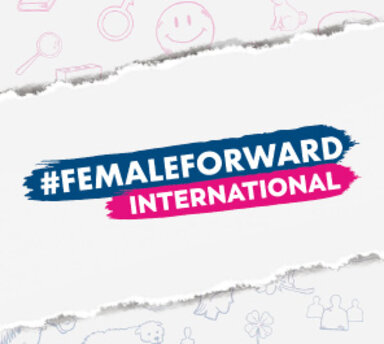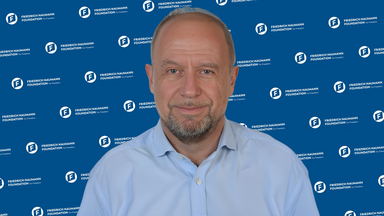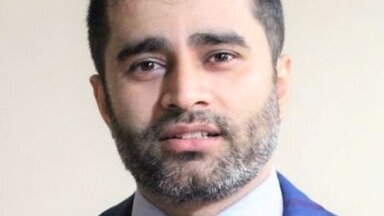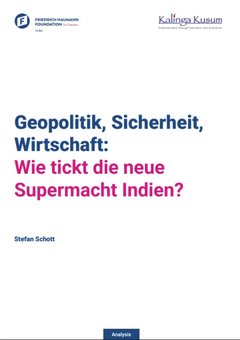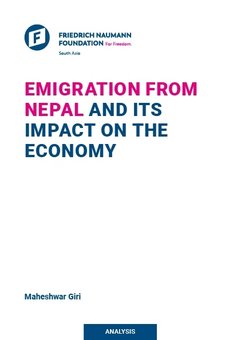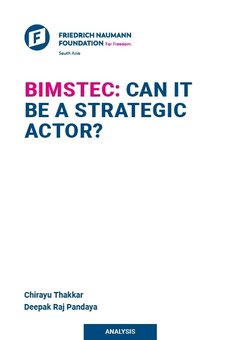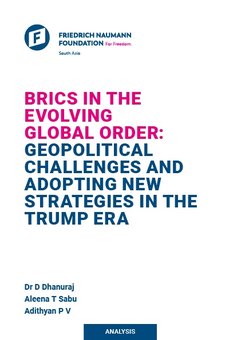New Delhi
The Friedrich Naumann Foundation for Freedom (FNF) promotes democracy, human rights, economic freedom, and curbing climate change. In Asia, we have offices in Bangkok, Hanoi, Jakarta, Manila, New Delhi, Seoul, and Taipei. We also work in Malaysia. The FNF India team works with Action Research in Community Health and Development, The Centre for Communication Governance, Centre for Civil Society, Seeking Modern Applications for Real Transformation, Social and Resource Development Fund and many more. Should you have questions or suggestions about our work, please contact us. You can also meet our team here.
News
-
Geopolitical dynamics favour India–EU trade deal
The EU and India have finalized their Free Trade Agreement. For India, the EU is a key partner in trade, technology, investment, and energy transition. The modest trade deal links value chains, increases connectivity and supports sustainable growth.
-
With the Dalai Lama now 90, an unavoidable question looms: what comes next?
At 90, the Dalai Lama symbolizes resilience, unity, and hope. His legacy inspires Tibetans and the world to defend identity, truth, and compassion in the face of rising challenges.
-
A Transformative Journey in Leadership
-
From Dialogue to Leadership: The Female Forward Experience
16 young women from 5 countries came together in Delhi to explore leadership, democracy & connection. Female Forward 2025 was more than a study tour, it was a spark for future changemakers.
-
Bridging Continents Through Dialogue
FNF South Asia’s study tour to Dharamshala united leaders from Europe and South Asia in a powerful exchange on democracy, culture, and the Tibetan cause—where spirit met policy in the Himalayas.
-
INDIA-GERMANY LABOUR NEXUS: EXPLORING MARKET DYNAMICS IN EUROPE
Discover how India’s youthful talent fuels Germany’s workforce as this paper explores migration trends, challenges, and strategic policies shaping the India-Germany labour market partnership.
